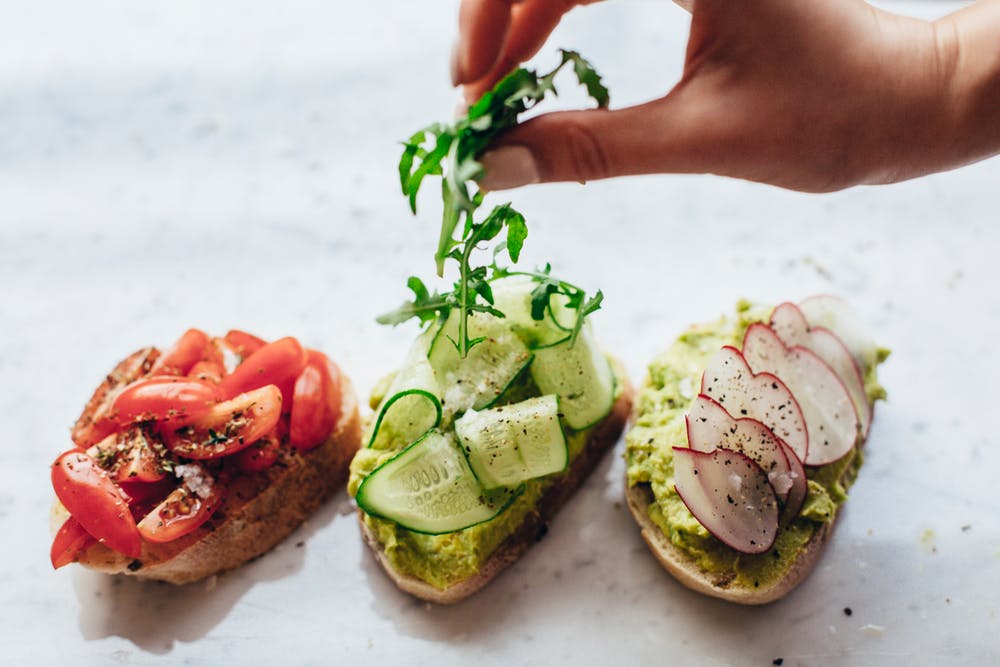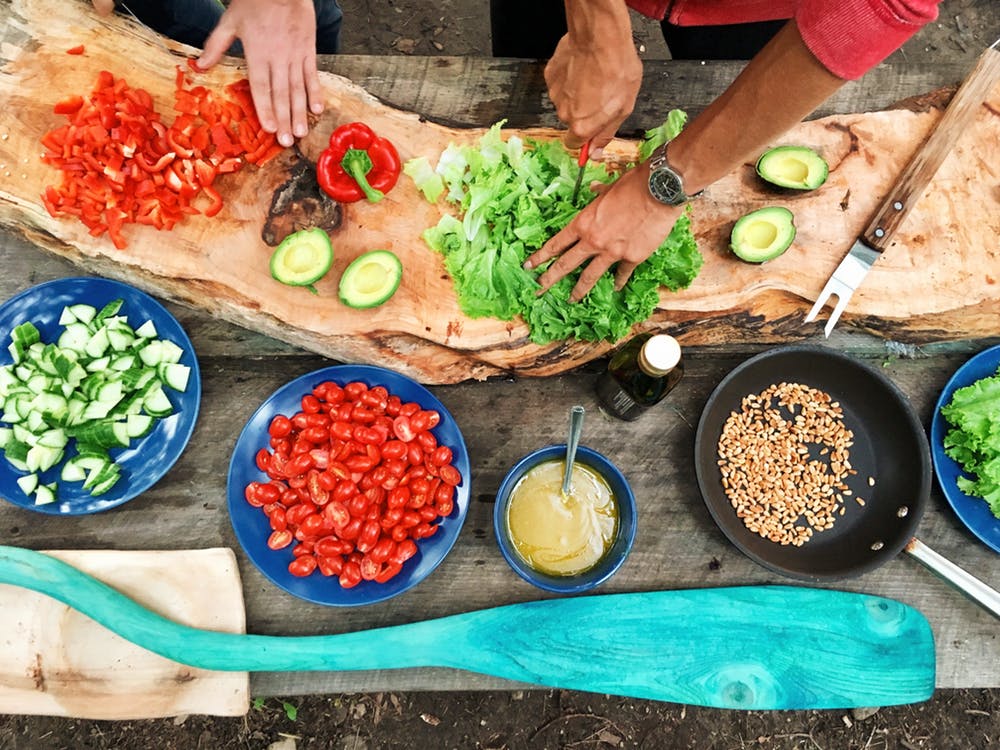H o w t o A p p r o a c h a P l a n t - B a s e d D i e t w i t h o u t O v e r w h e l m

Plant-based diets have become all the rage lately, and for good reason! There are plenty of benefits to support a diet centered around plants whether related to health, the environment or improved treatment of animals.
Regardless of your rationale, it can still be a challenge to make drastic dietary changes. We asked our registered dietitian community for their best tips to share with someone starting out on a plant-based diet. See what they had to say.

It doesn’t have to be “all or nothing”
A recurring theme we heard from nutrition experts was that plant-based diets often get misinterpreted as having to be all or nothing, meaning 100% vegan (free of all animal products).
Registered dietitian nutritionist, Leah Swanson, reassures that this is simply not the case. “Going plant-based doesn’t mean you have to give up all animal products! Simply adding more plants (fruits, vegetables, whole grains) into your diet has been shown to have health benefits.”
Especially when just starting out, making changes that are too drastic can often lead to overwhelm. A smarter approach would be to keep things simple and manageable.
Kacie Barnes of Mama Knows Nutrition adds a practical tip to go along with this recommendation. She shares, “A great goal to aim for is half the plate being veggies and fruit at each meal. But don’t get discouraged if you can’t always make that happen. The most important part is that you’re making a commitment to your health”.
Take a food-first approach
Of course there’s that age-old question that inevitably comes up in the discussion of plant-based diets. The “will I need a supplement?” question.
While supplements certainly can fill any potential nutritional void, experts generally prefer a food-first approach for nutrient synergy and added benefits, such as fiber.
When it comes to omega-3 fatty acids, plant-based food sources include walnuts, milled flaxseed, and algal oil. Ariel McVicker adds that “A great way to incorporate more omega-3s is by adding seeds, such as flax. Flaxseed is a slightly earthy, nutty tasting seed that you can add to smoothies, breads, cookies, oatmeal, yogurt, or any baked good for added nutrition and an awesome source of fiber!”
Lori Kupferman posits that “the only supplement needed is B12 if you truly eat plant based.”
However, we always recommend consulting a healthcare provider for individual recommendations. Diets can vary greatly from person to person and just because it is possible to obtain necessary nutrients through food, doesn’t mean everyone is meeting those needs.
Start by transforming your favorite dishes
If you’re ready to start moving towards a more plant-based diet, it can be tempting to immediately hit the grocery store and stock-up on everything you can find that says the word “vegan” on the box.
You might be surprised at how simple it is to transform some of your favorite staple recipes into a vegan or vegetarian version without the expensive pre-packaged items though.
Leanne Ray of Leanne Ray Nutrition encourages her clients to start with their favorite meal and make just one small change to add more plants. She adds, “I think most people think they have to buy all of these obscure products when in reality, it can be as simple as replacing all or some of the meat with mushrooms”.
You can easily make classic Mexican dishes plant forward by using black beans for protein and replacing cheese with heart-healthy guacamole. Make baked goods vegan by swapping flax eggs for the real thing. “The trick to keeping flavor on point is to get creative with fresh herbs, spices, citrus and my personal favorite, a great homemade sauce”.

Eating plant-based can be both delicious and healthy with some extra planning. If you keep it simple and manageable you will be enjoying delicious plant-powered meals in no time.

